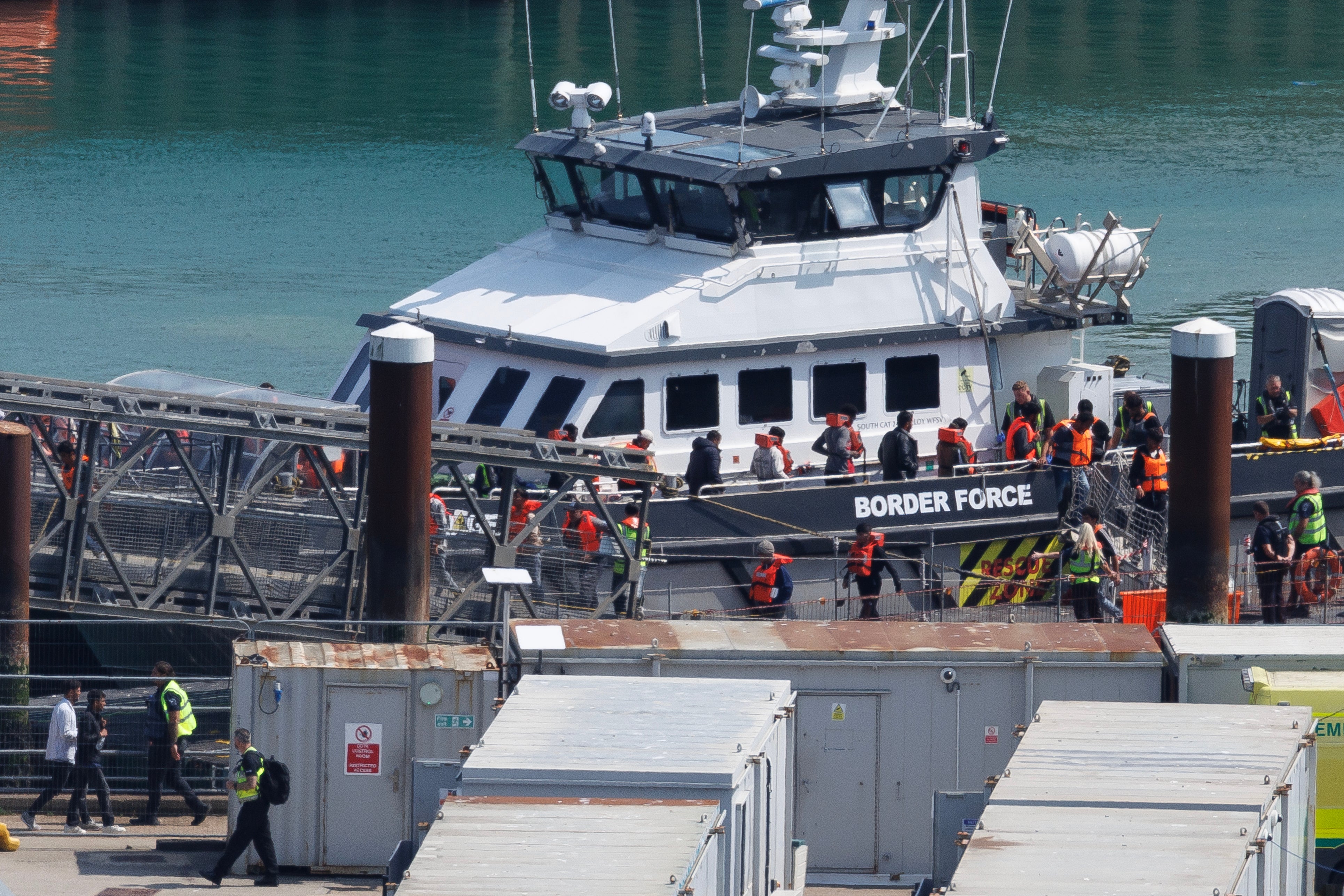Asylum seekers due for removal under Sir Keir Starmer’s “one in, one out” deal with France will be blocked from challenging Home Office decisions about their modern slavery claims after official guidance was quietly changed overnight.
Some migrants served with deportation notices to France have been referred for modern slavery support in the UK after they made claims about being trafficked.
An Eritrean asylum seeker, who had been due to be flown to France on Wednesday, succeeded in obtaining a High Court injunction against his removal after the Home Office conceded he would need time to rebut a decision made over his modern slavery claim.
The 25-year-old had been referred for modern slavery support after he said he was trafficked into forced labour in Libya. Home Office officials rejected his statement and said he did not have enough evidence of trafficking, but told the High Court on Tuesday that the migrant could ask for a review of this decision.
A judge granted the Eritrean 14 days to submit further evidence for the review of the negative decision and paused his removal from the UK.
Now, the home secretary has changed the modern slavery statutory guidance so that asylum seekers who the Home Office wish to deport to France will not be able to ask for their negative decision’s to be reviewed.
Instead, if they want to challenge the decision, their only recourse will be via legal action from another country, including France.

The updated guidance says this will apply to people who have received a negative modern slavery decision and “where the secretary of state intends to remove that individual to a country that is a signatory to the Council of Europe Convention on Action Against Trafficking in Human Beings (ECAT) and European Convention on Human Rights (ECHR)”.
The new guidance adds: “For example, this may include individuals who have been served a notice or decision that informs an individual we are considering removing them to a country which is a signatory of ECAT and ECHR.”
Home secretary Shabana Mahmood has ordered a rapid review of modern slavery laws following the High Court’s ruling on Wednesday.
It comes as the first migrant was deported to France under the scheme on Thursday morning. Announcing the news of the first return, Ms Mahmood said: “This is an important first step to securing our borders. It sends a message to people crossing in small boats: if you enter the UK illegally, we will seek to remove you.”
People who are suspected of being modern slavery victims are referred by charities, Border Force, police and other agencies for support under the National Referral Mechanism (NRM).
Home Office officials then assess each referral, initially to decide if there are reasonable grounds to suggest that the person is a modern slavery victim. A final decision, called a conclusive grounds decision, is then made on whether they are a victim of trafficking.
Under the Conservatives, the evidential threshold for victims of modern slavery was toughened up, making it harder for people to be recognised as victims.
In 2024, 19,125 potential victims of modern slavery were referred to the Home Office, of which 31 per cent were children and 23 per cent were British nationals.
A Home Office spokesperson said: “The home secretary has been clear, we will end vexatious, last-minute claims from illegal migrants trying to avoid deportation. We have updated our reconsideration policy on modern slavery decisions so that illegal migrants cannot take advantage of this country’s generosity.
“We are also reviewing the UK’s modern slavery system to stop irregular migrants from misusing the system whilst ensuring we have the right protections for those who need it.”






